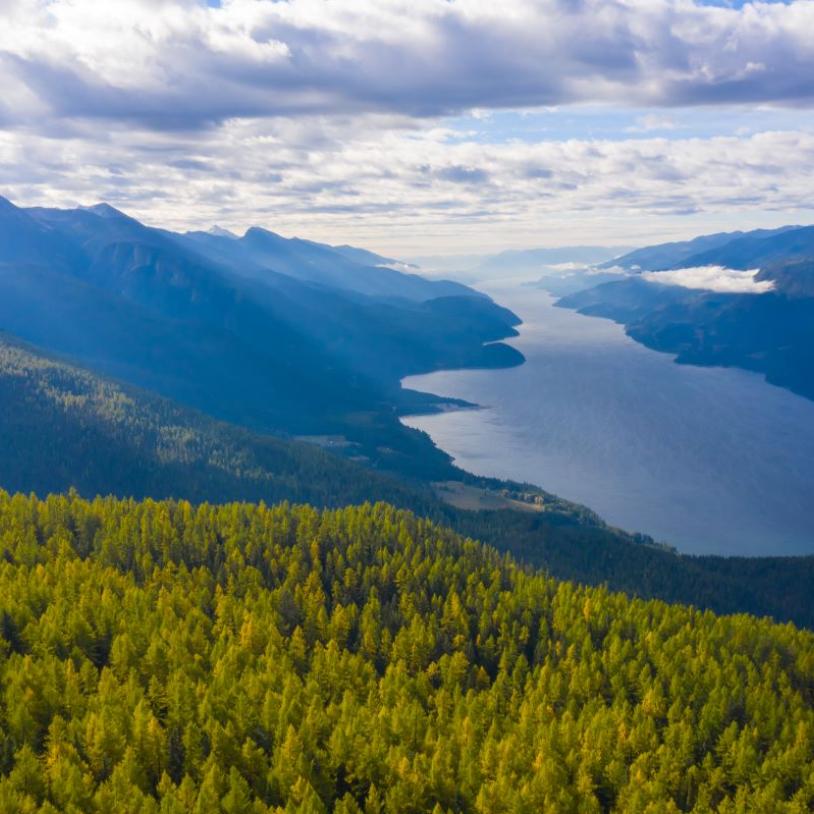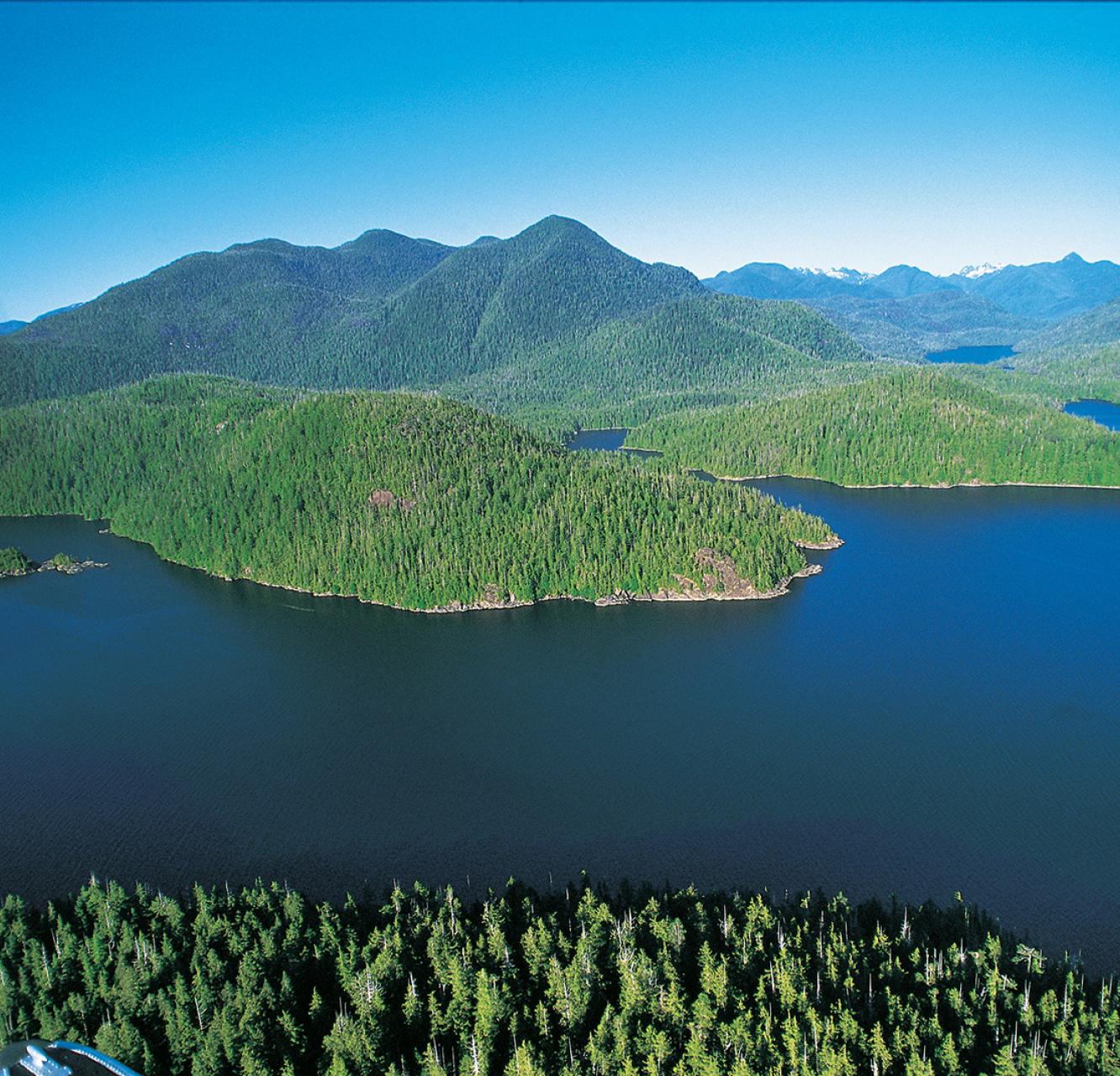Wilderness Committee’s Joe Foy hails Pinecone Burke victory
Wednesday, March 26, 2008
“We are drinking a bit of champagne down here.”
This was the raucous response of a very excited Joe Foy, national campaign director at the Vancouver-based Wilderness Committee, when the Straight asked for a response to the provincial government’s March 26 decision to reject a proposed power line in Pinecone Burke Provincial Park.
“What we have shown, and I know people are taking notice in Native and non-Native communities across this province, is that the giant can be killed,” Foy said by phone. “It can be killed if people get out, hang together, and fight it. There is going to be the odd hoarse throat, but that is what it is going to take. It was done in the Pitt, it can be done in the Kootenays, and it can be done in Powell River, and it can be done in every place where people are willing to stand up and fight it and demand the public be put back in the driver’s seat.”
The previous evening, Foy and his Wilderness Committee colleagues helped bus people out to a meeting in Pitt Meadows to protest the “green” power project and the proposed removal of 70 hectares of land from the park. More than 1,000 people packed a school gym, the majority vehemently opposed to the proposal by Run of River Power Inc., an independent power company, to build seven run-of-river facilities on eight creeks that feed the upper Pitt River. Over 40 people spoke, including highly agitated opponent, retired broadcaster, and former Socred cabinet minister Rafe Mair.
The day after the meeting, in a terse press release, the Ministry of Environment stated: “Environment Minister Barry Penner has decided not to recommend to Cabinet or the Legislature that the proposal by Northwest Cascade Power Limited to adjust the boundaries of Pinecone Burke Provincial Park be accepted.”
Penner was not directly quoted in the release.
“We have killed that project, but the public has got to understand there are hundreds of these in the wings, with billions upon billions siphoned out of the public coffers with nothing to show for it,” Foy said. “The Pitt should never have been proposed in the first place. And if we look at the roots of why the Pitt was proposed for power, it is because of a couple of things. For one, the provincial government has prevented B.C. Hydro from building smaller hydro projects and opened it up to private developers. That has caused a gold rush. And secondly, the whole thing is built on the big lie that B.C. is running out of power. That is what is driving the push for Site C, and that is what is driving this private-power gold rush.
“So we are saying, let’s step back. There needs to be an absolute moratorium on the private power development. That is what got us the upper Pitt. And not every bad project will get 1,000 people out to public meetings. Some of them will be out in the back of beyond, and before we know it, we’ll have a very important stream or river in a pipe, and then it will be done. So we need to put a moratorium on them now.”
In a previous story in the Straight, Watershed Watch Salmon Society executive director Craig Orr called the assessment criteria for the projects “deficient”. In 2007, the society released two reports: one 53-page full report, “Green” Hydro Power: Understanding Impacts, Approvals, and Sustainability of Run-of-River Independent Power Projects in British Columbia, and a 14-page summary handbook.
“In the short document, [the society highlights] impacts from power lines, transmission lines, roads, and gravel mines,” Orr told the Straight at the time. “This was an eye opener for us. We thought that these projects were a little greener than they have actually turned out to be. That doesn’t mean that they can’t be improved. The real eye opener was the total lack of planning provincewide on run-of-the-river—it is all reactionary and ad hoc.”
More than 400 people showed up at a previous open house in Pitt Meadows. This resulted in the fire marshal shutting the meeting down and the scheduling of the March 25 meeting.
Aside from a moratorium, Foy’s shopping list includes getting the B.C. Liberal government to allow B.C. Hydro to generate more of its own power and to repeal Bill 30, the 2006 Miscellaneous Statutes Amendment Act. The legislation overrides local decision-making and jurisdiction in the area of power production.





